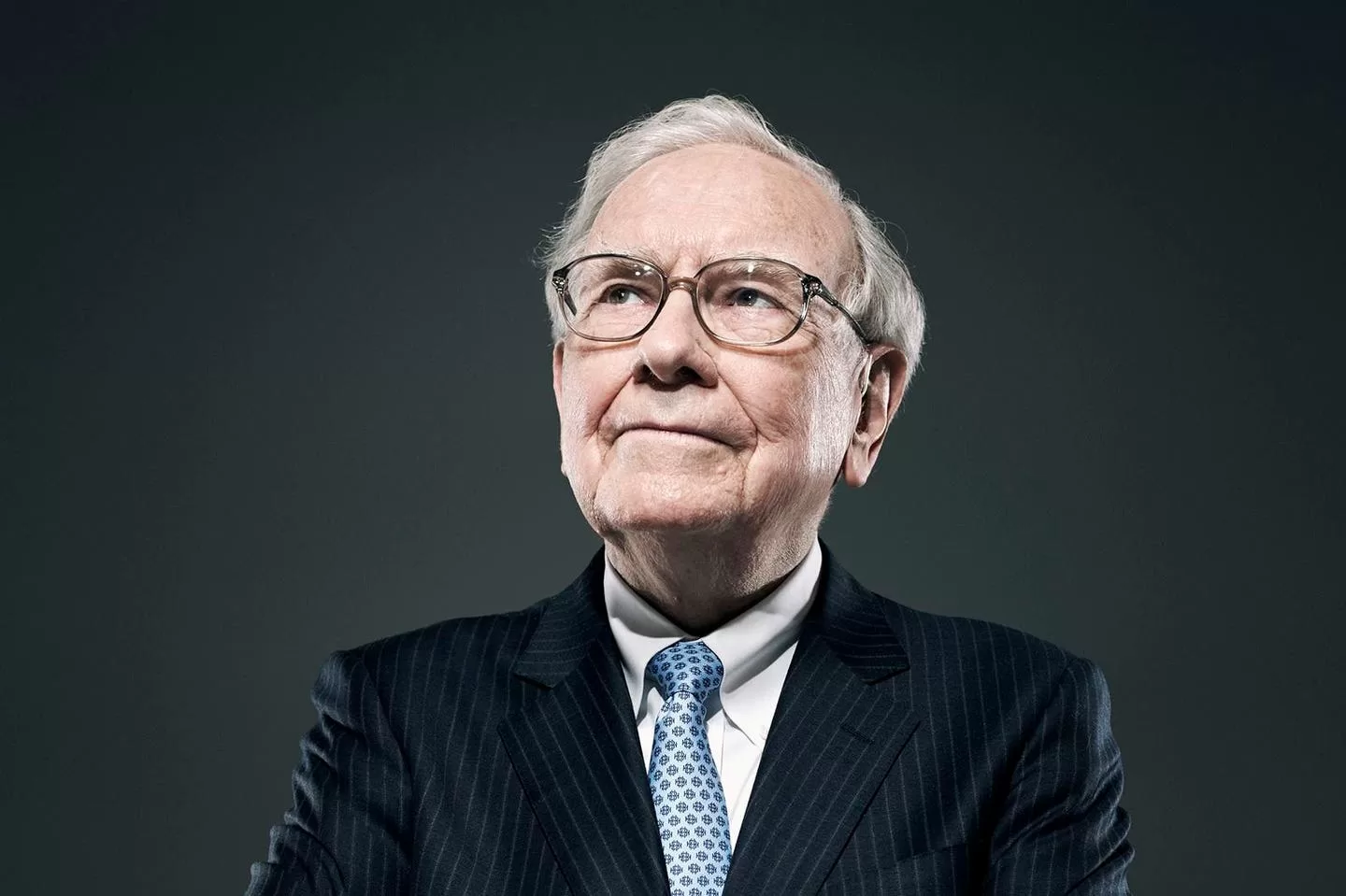
NEW YORK, May 18 (WSH) — At age 94, Warren Buffett, the legendary “Oracle of Omaha,” announced he will retire as Chairman and CEO of Berkshire Hathaway by the end of 2025, closing the curtain on one of the most storied careers in financial history.
Buffett’s departure marks the end of an era. For six decades, he transformed Berkshire Hathaway from a struggling textile company into a trillion-dollar conglomerate, with annualized returns far surpassing the S&P 500. A $100 investment with him in 1965 would now be worth several million dollars.
But behind the spreadsheets and shareholder letters lies a quieter, lifelong passion: newspapers.
From Paperboy to Publisher
Buffett began delivering newspapers at age 13 in Omaha, earning more than some teachers. By 17, he had saved $5,000. That early brush with publishing would evolve into a deep, enduring affection. “If I hadn’t gone into investing, I might have become a journalist,” he once said.
Over the years, Buffett invested heavily in the press, acquiring over 100 local newspapers, including The Washington Post, where he served as a board member and close confidant to publisher Katharine Graham. His 1973 investment of $10 million would later yield returns over 100-fold.
Even as digital disruption threatened traditional print, Buffett championed the unique role of local journalism. “A newspaper with a community monopoly,” he said, “is like owning a toll bridge—an extraordinary business.” Yet by 2020, acknowledging the irreversible tide of digitalization, Berkshire sold most of its newspaper holdings.
Legacy Beyond Finance
Buffett’s final annual shareholders’ meeting in 2025 drew nearly 20,000 attendees. There, he reminisced not only on markets and valuations, but on his enduring respect for journalism’s role in democracy. He praised the new documentary Becoming Katharine Graham, calling her story “a beacon for leadership and truth.”
In recent years, Buffett had amassed a record $347 billion in cash reserves, signaling caution about global markets. Yet his belief in people, principle, and value-driven decision-making never wavered.
A Farewell to Print, Not to Purpose
Though Buffett concedes that newspapers may no longer be commercially viable, he affirms they remain “immensely valuable to society.” His investments brought credibility, capital, and continuity to a struggling industry—and reminded the world that even in business, there’s space for sentiment.
“I still love newspapers,” Buffett said. “Maybe I’m the last man on Earth who does. But I’m okay with that.”

